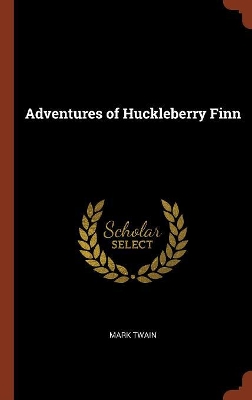Reviewed by Briana @ Pages Unbound on
In a recently published version of Huckleberry Finn, all uses of the “n-word” have been replaced with “slave” in order to make the book less offensive. The presentation of race in the book, however, is much deeper and more complex than this single word. Huck has an inner debate about whether or not he should be traveling down the river with Jim and thereby helping him run away from his owner. He contrasts his feelings constantly with societal expectations and says that Tom “fell considerable in [his] estimation” when he agrees to help Jim, too, because Tom was “respectable and well brung up.” Huck makes numerous comments that the readers are obviously meant to assume are ironic, such as the comment that Jim seems to miss and care for his family as much as any white person would care for his. Jim is also clearly portrayed as extraordinarily kind, even giving up his chance for freedom to help Tom when he is hurt.
Religion is also put up for scrutiny in Huckleberry Finn, as Huck must come to terms with what he beliefs. Is what he has been taught about slavery moral, for instance? He is doubtful because Jim is so nice and grateful for all the help he gives. Huck also ponders the power of prayer and whether a “good person’s” prayers are worth more than another man’s. Many interesting philosophical questions arise that could occur to any child, yet still seem very adult.
Despite the thought and joy that clearly went into the writing of this book and the very worthy and interesting questions it raises, I did not vastly enjoy it. I found the quick succession of adventures very implausible and almost ridiculous in their number; they became more tiring than exciting at some point. This flaw improved somewhat by the end of the novel, however, as there developed one main adventure. The book could have been improved by the cutting of a few chapters, but it remains a classic nonetheless.
Reading updates
- Started reading
- 1 May, 2011: Finished reading
- 1 May, 2011: Reviewed
